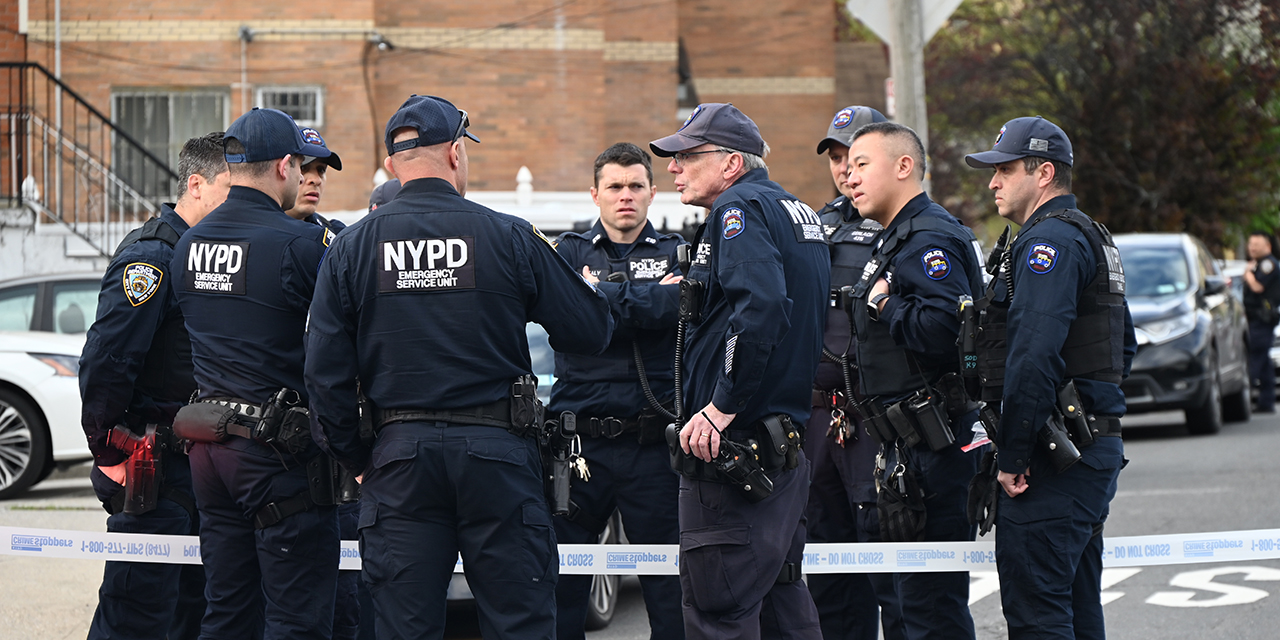Selling the public on bigger government is easiest during times of war: this premise has driven our political rhetoric for decades. Lyndon Johnson declared war on poverty; Jimmy Carter called the gas shortage "the moral equivalent of war"; and Ronald Reagan waged war on drugs.
Today Americans are increasingly skeptical of government crusades, liberal or conservative, and political rhetoric is beginning to reflect this change in mood. Consider Mayor Giuliani's State of the City speech, which put illegal drugs at the top of his administration's agenda. The mayor chose his words carefully: "We'll call our effort a strategy, not a war," he said. "I don't like wars on poverty or wars on drugs, because I think wars fool people. You can't have unconditional victories against poverty or against drugs. When people see that your efforts fall short, they become disillusioned by government."
Such disillusionment doesn't mean that Americans have become libertarians: we still want government to address social problems. Accordingly, Giuliani said his strategy will aim "to reduce the problem of drugs, to save young people, to make it a lesser problem. Maybe we'll achieve more that way than by promising something that we may not be able to achieve." Such modesty about government's ability to solve problems may ultimately make for more effective government.




